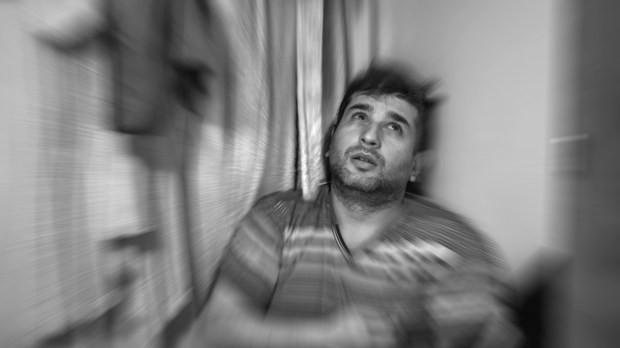Prenatal diagnosis leading to termination of pregnancy and assisted suicide are two sides of the same deadly coin. In both cases, the evil of ending a life is justified as having a good purpose — to end suffering. Of course, there is no justification for direct killing. Ever!
In the case of abortion following a prenatal diagnosis, the parents anticipate that their child’s quality of life will be poor, and therefore not worth living. Their anticipation is based upon a prenatal diagnosis that cannot possibly foretell the quality of a future, unlived life. Assisted suicide, or even in some cases direct killing — what we euphemistically call euthanasia — is granted for the same reason. One feels their quality of life is diminished through physical, mental, or emotional suffering, and the law provides an easy exit.
In both cases, we have taken life out of God’s hands and discarded it from our own.
The Netherlands legalized euthanasia in 2001 and in April of this year expanded the law to include the direct killing of children under 12 years old. Now, it has been reported that in the Netherlands individuals with disabilities, who are otherwise healthy, have died under the country’s laws that grant assisted suicide. The justification in 21% of the cases was that an individual’s intellectual disability or autism was the sole cause of their suffering. It was a major factor in another 42% of cases. Those are curious claims.
Although it has been reported that not all deaths under the law in the Netherlands were carried out as an individual’s free choice, consent to a decision so grave should presume a process of review that includes informed consent.
Consent is not straightforward when it involves those living with an intellectual disability. It must be determined that such a person have the capacity to consent. That can only be determined by careful evaluation, and that evaluation should also make certain that the decision is not being made under the influence of someone else. We know that those with intellectual disabilities can be easily influenced. For example, women with intellectual disabilities are at least seven times more likely to be victims of sexual assault, and often because the victim’s desire for friendship and romance was exploited by the perpetrator.
In a Kingston University study of these deaths in the Netherlands, doctors claimed that there was “no prospect of improvement” in their condition because there is no treatment for their disability. However, the study also observed that 77% of those who requested the right to die claimed social isolation and loneliness as their reason for desiring death. Another 56% claimed a lack of resilience or coping strategies to deal with their disability.
The internal contradiction in this study is glaringly clear. While it is true that there is no cure for autism or intellectual disabilities, there is a treatment for loneliness. It’s called community. Coping strategies can be taught and become less of an issue when an individual feels loved and supported by family and friends. Community is essential for all of us to flourish. It is life-giving. It is a much more compassionate and human solution than killing.
Social isolation can be a source of trauma and result in some of the most painful experiences that humans face. Those living with intellectual and developmental disabilities experience more frequent and severe stress from social stigma and negative or isolating social experiences than others. That statement is consistent with the 77% in the Kingston University report who cited social isolation and loneliness as the reason for their request to die.
A culture that searches for and selectively kills its children in the womb because it fears disability gives the impression that disabled lives have no value — that they’re disposable. It is a very short walk from the eugenic practice of selective abortion to the stigmatization of disability and social isolation that — at least in The Netherlands — has resulted in death of some living with autism and intellectual disabilities.
In the face of the Culture of Death, it is always critical to ask who is making the life and death decisions, and with what motivation, information, and consent. It is also critical to push back against the proliferation of laws that devalue human life and create an environment that encourages those in a compromised mental, emotional, or physical state to make such terminal decisions.
Life belongs in God’s hands. Not our own. To withhold community and provide death in its place is the ultimate commentary that it is the culture, and not these disabled individuals, that is terminally ill.
Mark Bradford is the Fellow for Persons with Intellectual and Developmental Disabilities at the Word on Fire Institute.



